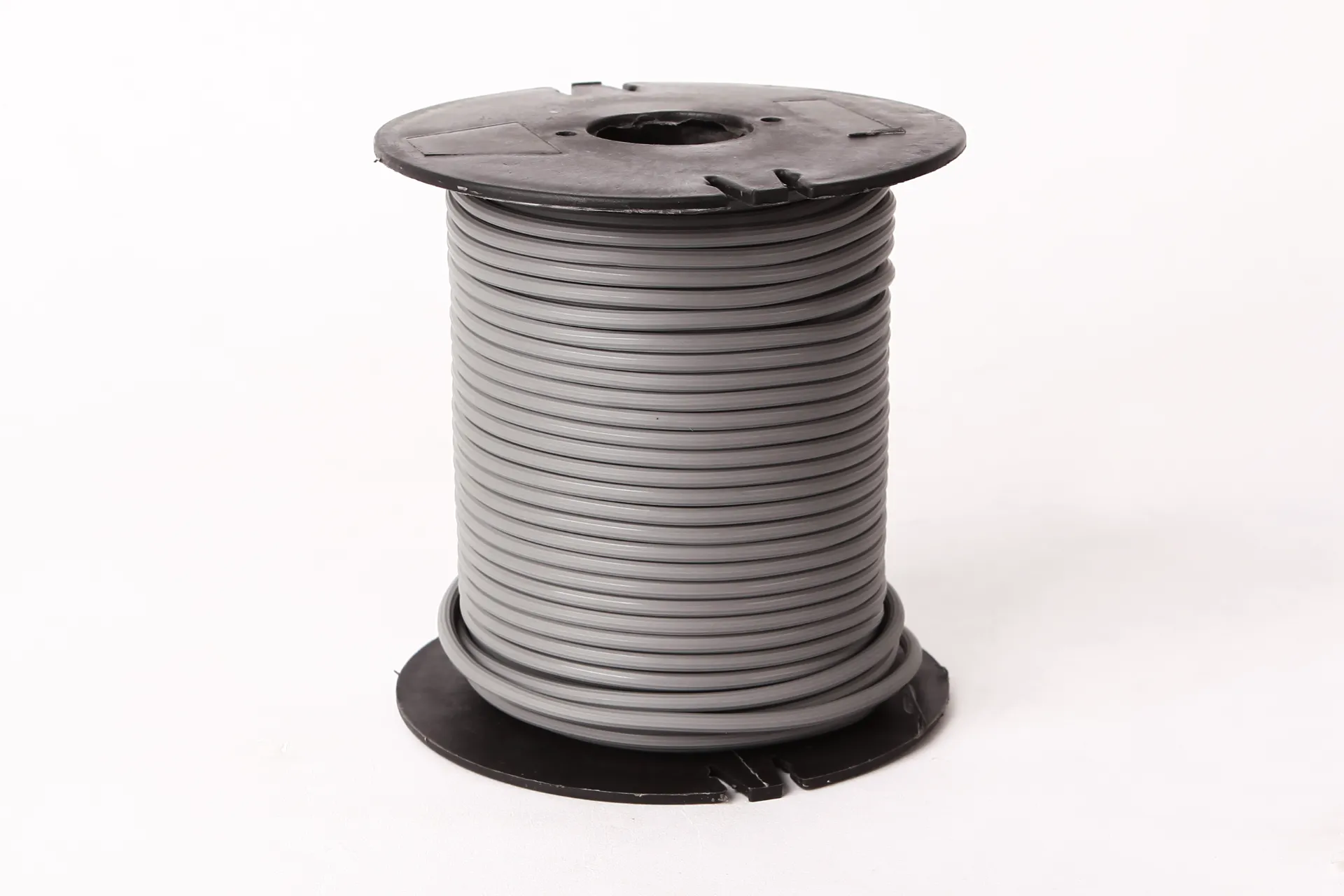commercial floor coatings
The Essential Guide to Commercial Floor Coatings
In the realm of commercial spaces, the integrity and aesthetic of flooring play a pivotal role in both functionality and appearance. From warehouses to retail shops, the right flooring solution can enhance safety, durability, and maintenance, making commercial floor coatings an essential consideration for business owners.
Understanding Commercial Floor Coatings
Commercial floor coatings refer to specialized treatments designed to protect and enhance various flooring types. These coatings are typically used in environments that experience high traffic, heavy equipment use, and exposure to harsh chemicals. They not only provide a smooth and attractive finish but also protect the underlying material from abrasion, chemicals, and other damaging factors.
Types of Commercial Floor Coatings
Several types of commercial floor coatings are available, each catering to specific requirements
1. Epoxy Coatings Epoxy is one of the most popular options due to its strong bonding properties and resistance to chemicals and heavy loads. This hard, lustrous finish can withstand wear and tear, making it ideal for garages, warehouses, and manufacturing facilities.
2. Polyurethane Coatings Known for their flexibility and UV stability, polyurethane coatings offer excellent resistance to chemicals and heat. They are often chosen for spaces with high foot traffic, as they maintain their appearance over time and are available in various colors and finishes.
3. Polyaspartic Coatings These fast-curing coatings are similar to polyurethanes but cure even quicker, allowing for rapid application and return to service. They offer superior abrasion resistance and are perfect for environments subject to extreme conditions.
4. Vinyl Composition Tiles (VCT) While not a coating per se, VCT can be enhanced with a protective coating that improves durability and sheen. It's commonly used in retail and institutional spaces due to its affordability and ease of maintenance.
5. Cementitious Coatings These include products made from cement and polymer blends that offer high durability and impact resistance. Suitable for industrial environments, they provide a seamless finish that is easy to clean.
Benefits of Commercial Floor Coatings
Investing in commercial floor coatings can yield numerous advantages
commercial floor coatings

- Durability The primary benefit of these coatings is the protection they offer. Once applied, they create a tough barrier against scratches, spills, and stains, significantly prolonging the life of the flooring beneath.
- Safety Many commercial floor coatings can be formulated to be slip-resistant, reducing the chances of workplace accidents
. This is particularly important in areas that may become wet or oily, such as kitchens or manufacturing plants.- Aesthetic Appeal A well-finished floor greatly enhances the visual appeal of a space. Available in numerous colors and finishes, commercial floor coatings can complement branding and create a welcoming environment for customers and employees alike.
- Easier Maintenance Coated floors are easier to clean and maintain than uncoated surfaces. The smooth finish prevents dirt and grime from settling into the floor, allowing for simpler and more effective cleaning routines.
- Cost-Effectiveness Though the initial investment in high-quality floor coatings may seem significant, the long-term savings on repair and maintenance costs, along with increased durability, often make it a cost-effective solution.
Application Process
The application of commercial floor coatings involves several critical steps to ensure a successful finish
1. Surface Preparation Proper preparation is vital. Floors must be cleaned, repaired, and, in some cases, etched to ensure optimal adhesion of the coating.
2. Primer Application A primer may be applied to enhance bonding and provide a uniform base for the topcoat.
3. Topcoat Application Depending on the type of coating chosen, one or more layers will be applied, allowing sufficient curing time between coats.
4. Finishing Touches If required, additional elements such as marking lines or safety symbols can be added to complete the installation.
Conclusion
Choosing the right commercial floor coating is essential for protecting investments in flooring, enhancing workplace safety, and creating an appealing environment. With various options available to meet specific needs, business owners can find the perfect solution to achieve durability and aesthetics for their commercial spaces. Having a clear understanding of the types and benefits of coatings can facilitate informed decision-making, leading to successful long-term outcomes for any commercial establishment.
-
Waterproof Advantages of SPC Flooring Vinyl in KitchensAug.06,2025
-
SPC Hybrid Waterproof Flooring Thickness GuideAug.06,2025
-
Leveling Subfloor Before My Floor SPC InstallAug.06,2025
-
How Mesh Deck Skirting Improves Outdoor Pest ControlAug.06,2025
-
Choosing the Right Commercial Flooring for Your Business NeedsAug.06,2025
-
Choosing the Best Residential Flooring: A Comprehensive Guide to Style, Durability, and ComfortAug.06,2025




